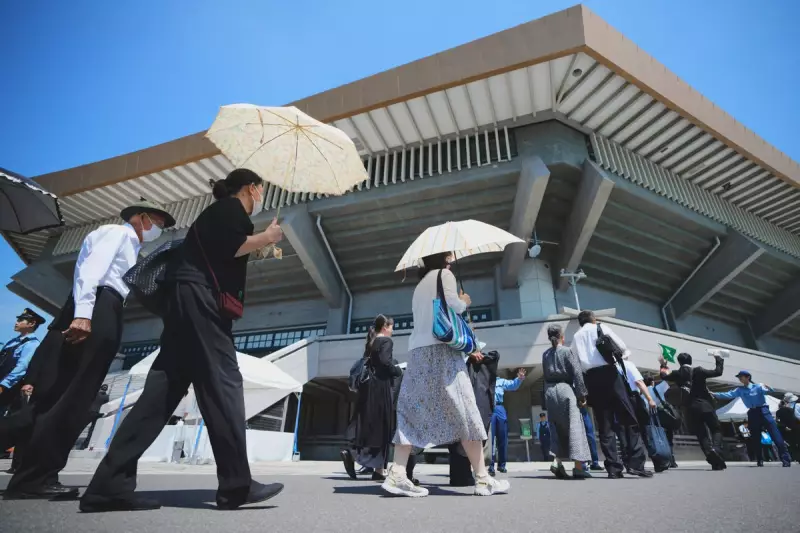
Shinjiro Koizumi, a prominent figure in Japanese politics and son of former Prime Minister Junichiro Koizumi, has stirred fresh controversy with his visit to Tokyo's Yasukuni Shrine. The shrine, which honours Japan's war dead including convicted war criminals, remains a sensitive diplomatic issue in East Asia.
A Political Lightning Rod
The 41-year-old lawmaker's pilgrimage to the shrine comes at a delicate time for Japan's relations with China and South Korea. Both nations view Yasukuni as a symbol of Japan's past militarism, with visits by Japanese officials frequently sparking diplomatic protests.
Family Legacy and Political Ambitions
As the scion of one of Japan's most influential political families, Koizumi's actions carry particular weight. His father made regular visits to Yasukuni during his premiership (2001-2006), straining regional relations. The younger Koizumi, often tipped as a future prime minister himself, appears to be embracing this controversial aspect of his political inheritance.
Regional Reactions
China's foreign ministry swiftly condemned the visit, calling it "a serious provocation" that "glorifies Japan's militaristic past". South Korea expressed "deep regret", with officials noting such actions undermine trust-building efforts in the region.
Domestically, the move has drawn mixed reactions. While conservative factions applaud Koizumi's stance, opposition parties and pacifist groups warn it could damage Japan's international standing.
The Yasukuni Controversy Explained
The shrine commemorates 2.5 million war dead, but its inclusion of 14 Class-A war criminals convicted after World War II makes it particularly contentious. Former Prime Minister Shinzo Abe, a Koizumi family ally, stopped visiting in person after 2013 but continued sending ritual offerings.
Analysts suggest Shinjiro Koizumi's visit may be an attempt to consolidate his nationalist support base as he positions himself for higher office. With Japan facing growing security challenges from China and North Korea, such symbolic gestures carry increasing geopolitical significance.





